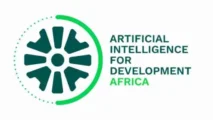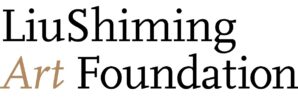The winning play will be selected by the series’ current judge, Branden Jacobs-Jenkins. The winner of this annual competition will be awarded the David Charles Horn Prize of $10,000, publication of their manuscript by Yale University Press, and a staged reading at the Schwarzman Center at Yale University.
There is no entry fee. Please follow these guidelines in preparing your manuscript:
- This contest is restricted to plays written in the English language. Worldwide submissions are accepted.
- Submissions must be original, unpublished full-length plays, with a minimum of 65 pages. Plays with less than 65 pages will not be considered.
- Translations, adaptations, musicals, and children’s plays are not accepted.
- The Yale Drama Series is intended to support emerging playwrights. Playwrights may win the competition only once.
- Playwrights may submit only one manuscript per year. Only manuscripts authored by one playwright are eligible.
- Plays that have been professionally produced or published are not eligible. Plays that have had a workshop, reading, or non-professional production or that have been published as an actor’s edition will be considered.
- Plays may not be under option, commissioned, or scheduled for professional production or publication at the time of submission.
- Plays must be typed/word-processed and page numbered. Plays with images are not accepted.
- The Yale Drama Series reserves the right to reject any manuscript for any reason.
- The Yale Drama Series reserves the right of the judge to not choose a winner for any given year of the competition and reserves the right to determine the ineligibility of a winner, in keeping with the spirit of the competition, and based upon the accomplishments of the author.
Electronic Submissions
The Yale Drama Series Competition strongly urges electronic submission. By electronically submitting your script, you will receive immediate confirmation of your successful submission and the ability to check the status of your entry.
Electronic submissions for the 2026 competition must be submitted no earlier than June 1, 2025, and no later than August 15, 2025. The submission window closes at midnight EST.
Hardcopy Submissions
The Yale Drama Series Competition strongly urges applicants to submit their scripts electronically, but if that is impossible, we will accept hardcopies.
Submissions for the 2026 competition must be postmarked no earlier than June 1, 2025, and no later than August 15, 2025.
If you are submitting a hard copy of your play, the manuscript must begin with a title page that shows the play’s title and your name, address, telephone number, email address (if you have one), and page count; and, a second title page that lists the title of the play only, a 2-3 sentence keynote description of the play, a list of characters, and a list of acts and scenes. Please include a brief biography at the end of the manuscript, on a separate page.
Do not bind or staple the manuscript.
Do not send the only copy of your work. Manuscripts cannot be returned after the competition. If you wish receipt of your manuscript to be acknowledged, please include an email address on the title page or a stamped, self-addressed postcard.







